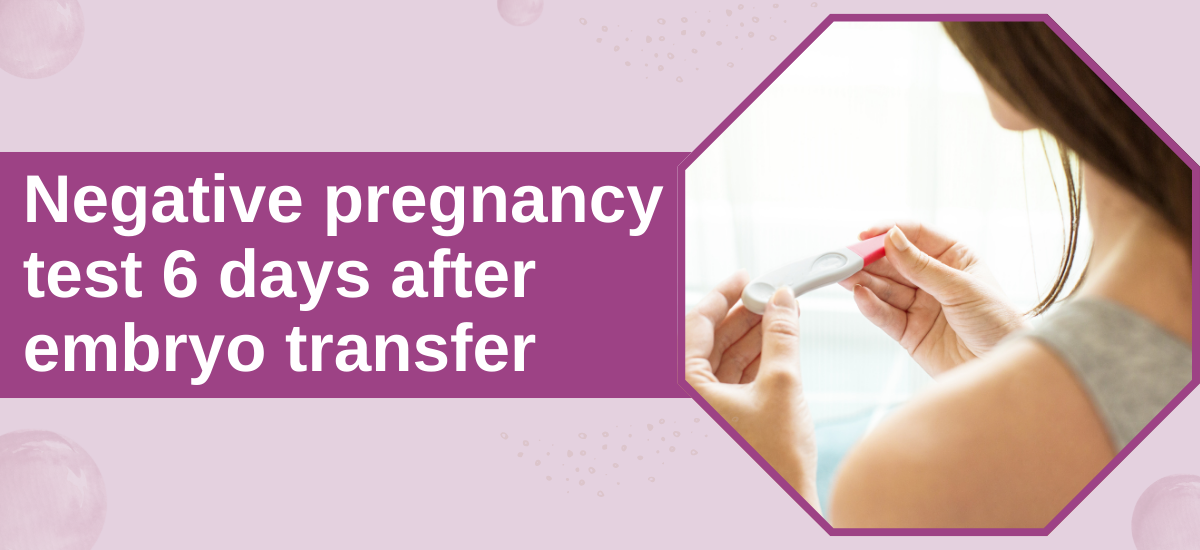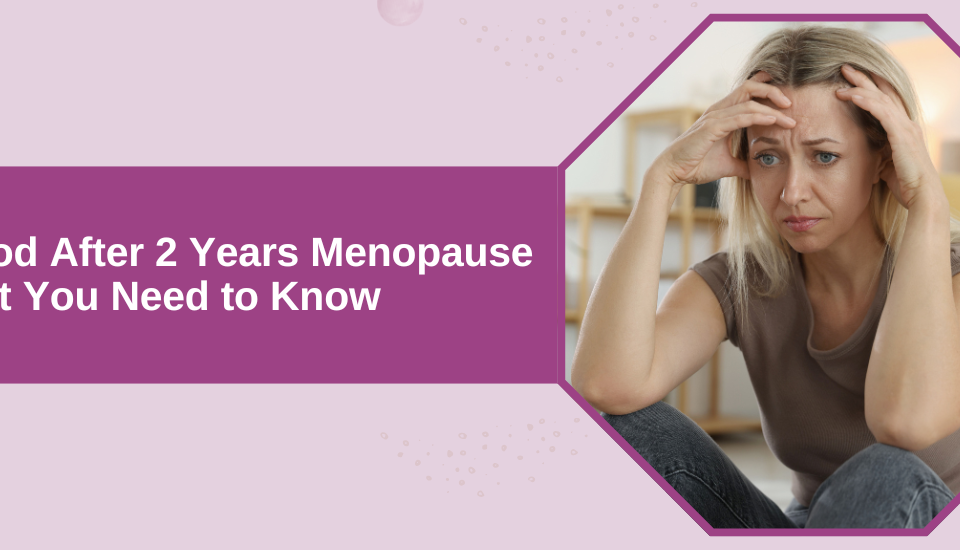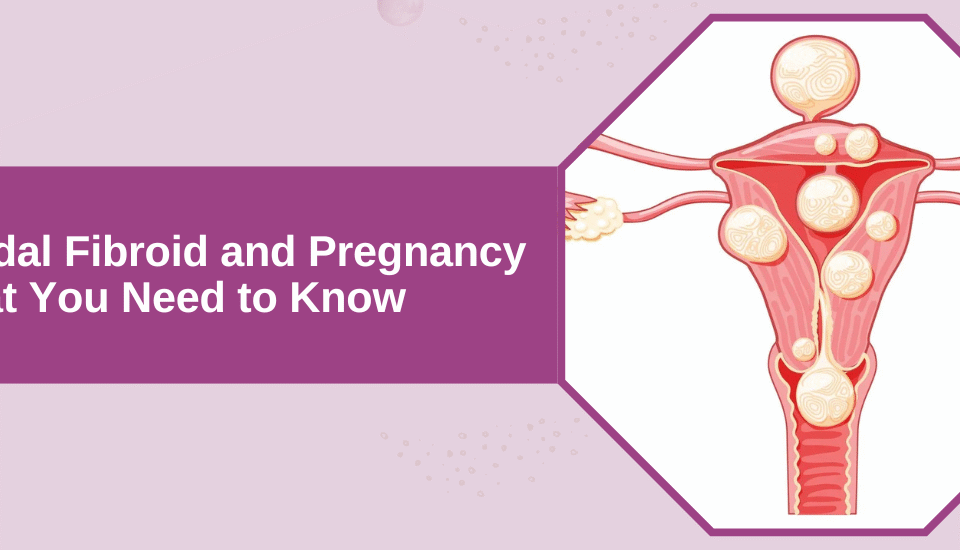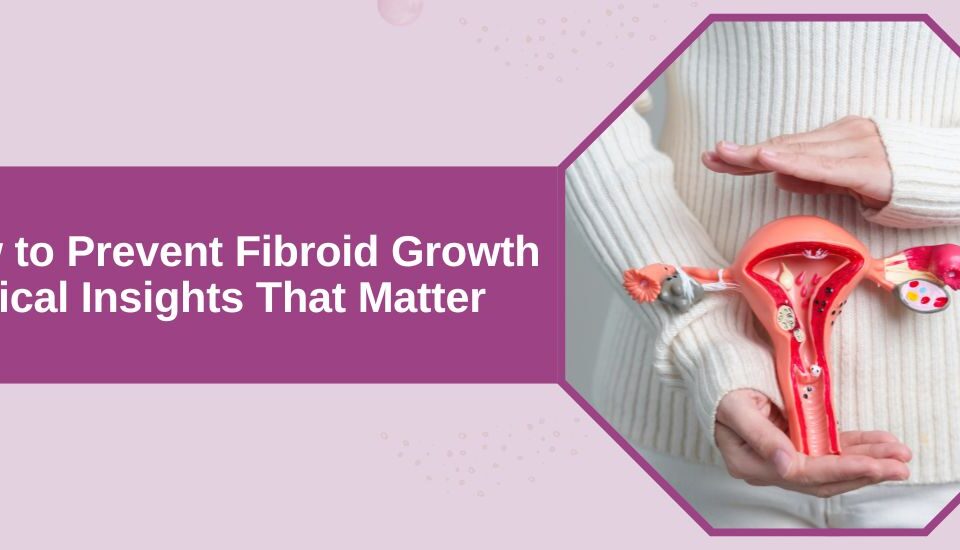- Have any questions?
- +91-98717 17305
- babiesandus12@gmail.com
Negative Pregnancy Test 6 Days After Embryo Transfer

No Spotting After Embryo Transfer
September 12, 2024
Pregnant After Failed IVF Over 40: Is It Really Possible?
September 28, 2024Getting a negative pregnancy test just 6 days after an embryo transfer? Yeah, that can be both confusing and pretty disheartening. Still, an early negative result doesn’t always mean the IVF process hasn’t worked—sometimes, hormone levels just aren’t high enough yet for a test to pick up. Everyone’s timing is a bit different, and pregnancy tests really need a bit more time to give you a clear answer.
Need more certainty about your test results? Get professional advice today. Book your appointment with an expert.
Is a Negative Pregnancy Test 6 Days After Embryo Transfer Normal?

Here at our IVF centre in Mumbai, we really get how tough this waiting period can be emotionally. We always encourage a little patience (even though it’s hard) and careful timing before reading too much into test results. The last thing you need is extra stress. Our mission is to walk with you, offering honest info and expert care at every step of your fertility journey.
Are you concerned about the accuracy of early tests? Let’s delve deeper.
Understanding Negative Pregnancy Test Results After Embryo Transfer
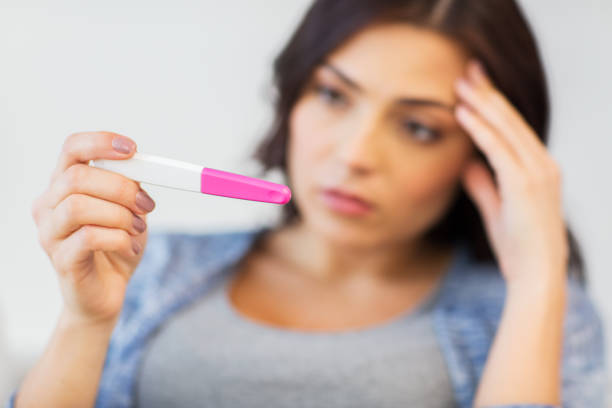
When you’re going through IVF, it’s totally normal to feel on edge about those early pregnancy tests. A negative result just six days after embryo transfer might leave you scratching your head, but honestly, there are a bunch of biological and procedural reasons for this. Knowing what’s actually going on can help set more realistic expectations—and maybe help you breathe a little easier.
Timing and Accuracy of Pregnancy Tests Post-Transfer
Pregnancy tests look for human chorionic gonadotropin (hCG), but after embryo transfer, hCG doesn’t even start rising until implantation happens. That’s usually somewhere between 6 and 10 days after transfer, so if you’re testing at day six, you’re probably just too early for the test to catch anything.
Most clinics (ours included) suggest waiting at least 10 to 14 days before doing a blood or urine test. If you test too soon, you’re basically rolling the dice with a false negative, since hCG might still be under the radar. Blood tests, which are standard in IVF cycles, can catch lower hCG levels than home kits, but even they need the right timing.
Possible Reasons for a Negative Test Six Days After Embryo Transfer
Why might you get a negative so early? Well, a few things could be at play:
Delayed implantation: Sometimes embryos just take their sweet time, so hCG hasn’t started ramping up yet.
Low hCG production: Early on, the signals can be faint—especially with fresh or frozen transfers.
Test sensitivity: Not all home pregnancy tests are created equal; some just can’t pick up super-low hCG.
Failed implantation: Sadly, sometimes implantation doesn’t happen, and that does lower your chances for a positive result.
So, all things considered, a negative test at this point really isn’t the final word. It’s just too soon to know for sure.
The infamous “two-week wait” after embryo transfer—honestly, it can feel endless and fraught with uncertainty. We usually tell patients to brace themselves emotionally, especially if they’re tempted to test early, and to focus on the full window before drawing any conclusions.
During this stretch, hCG levels (if you’re pregnant) typically double every 48 to 72 hours. That’s why waiting for the blood test around day 12 to 14 post-transfer is your best bet for a reliable answer. It also saves you from the rollercoaster of early, possibly misleading results.

Support systems—whether that’s your clinic, friends, or family—are crucial right now. IVF centres like ours are here to help you manage expectations and offer real counseling if you need it. And let’s be real: miscarriage and pregnancy rates do vary, so a little patience and a level-headed approach during this wait can make a world of difference.
Expectations For the Two-Week Wait and Emotional Considerations
Worried about the day 6 after embryo transfer negative pregnancy test? Get in touch with an IVF specialist to understand your situation better. Schedule your consultation now!
Now, let’s discuss the best time to take a pregnancy test post-embryo transfer.
Key IVF Factors Influencing Embryo Transfer Outcomes
There are a handful of major factors that can make or break the success of an embryo transfer. We’re talking about each step of IVF, the quality and timing of your embryos, and the hormonal environment—not to mention the skill and attention of your care team.
IVF Process Overview at Top Centres in Mumbai
At our IVF centre in Mumbai, we’ve developed a pretty thorough treatment cycle to give you the best odds. First, we run ovarian reserve tests to get a handle on egg quantity and quality. That shapes the protocol for ovarian stimulation—using FSH and other meds to boost follicle growth.
We keep a close eye on follicle development and hormone levels, then use a trigger shot to get eggs ready for retrieval. Once we’ve got the eggs, we fertilise them using IVF or ICSI, depending on sperm quality or DNA fragmentation issues. Embryos are carefully cultured, and then we decide between a fresh embryo transfer or frozen embryo transfer, depending on what’s best for you.
All the while, our team—embryologists and clinicians like Dr. Hrishikesh Pai—tailor every step to you, making sure the plan balances safety, effectiveness, and your overall comfort.
Embryo Quality, Grading, and Development Stages
Embryo quality? It’s huge for implantation. Our embryologists go over each embryo with a fine-tooth comb, using established grading systems—checking cell count, symmetry, fragmentation, and overall look.
We’re especially keen on embryos that make it to the blastocyst stage (day 5 or 6). These usually have a better shot at implanting, since they’re more in sync with the uterus’s natural timing.
Sometimes we’ll try assisted hatching, especially if there have been previous implantation issues. Deciding between transferring one or more embryos is always a careful call—we want to boost your chances but avoid the risks tied to multiples.
If you’re using donor eggs or have a low ovarian reserve, embryo grading becomes even more crucial. We put extra care into selecting embryos with the best odds for success.
The Role of Hormones, Uterine Lining, and Embryologist Expertise
Honestly, a successful embryo transfer leans a lot on having a receptive uterine environment. We keep an eye on endometrial thickness and take a good look at the quality of the uterine lining with ultrasound. Most of the time, the sweet spot for lining thickness is somewhere between 7 and 14 mm if you want implantation to go well.
Hormones—especially estrogen and progesterone—need to be in just the right balance to get the lining ready and keep it that way. We’re constantly monitoring these levels during fresh and frozen embryo transfers, and we’ll tweak the supplements if something seems off.
And you can’t really overstate how much experienced embryologists matter here. Their day-to-day work—handling, culturing, and timing the transfer—can make all the difference. Dr. Hrishikesh Pai always points out that having a skilled team is absolutely key, especially for tricky steps like sperm injection in ICSI cases. You want every detail handled with care and precision, right? So, when you put together solid hormonal management, a receptive uterus, and a top-notch lab team, you’re giving implantation and pregnancy the very best shot possible.
Conclusion

A negative pregnancy test 6 days after embryo transfer can be a difficult and confusing experience. Please remember that this early result is not conclusive. Many factors, including the timing of implantation and hormone levels, can affect the accuracy of early testing. Patience and following your doctor’s recommendations are crucial during this time.
At Babies & Us IVF Centre in Mumbai, we are committed to supporting you throughout your treatment. Our team of experts is here to provide guidance, reassurance, and personalized care to help you achieve the best possible outcome.
Seeking expert guidance and care? Reach out to a seasoned specialist to navigate your fertility journey with confidence. Book your appointment now!
Frequently Asked Questions:
1. Why might I get a negative pregnancy test after embryo transfer?
Several factors can cause a negative test, including testing too early, low hCG levels, or late implantation.
2. What signs should I look for after embryo transfer?
Look for symptoms like mild cramping, spotting, or breast tenderness. However, the absence of symptoms does not necessarily indicate a negative outcome.
3. Is spotting after embryo transfer a bad sign?
Spotting can be normal and might indicate implantation. However, consult your specialist if you have concerns.
4. What should I avoid after embryo transfer to increase my chances of success?
Avoid heavy lifting, intense exercise, and activities that increase stress. Follow your specialist’s recommendations for best practices.
5. What is the success rate of embryo transfers?
Success rates vary depending on factors like age and the quality of embryos. Your fertility expert can provide specific statistics related to your treatment.
Reference links:
https://www.sciencedirect.com/science/article/pii/S1472648321005198
https://www.medicalnewstoday.com/articles/implantation-symptoms

